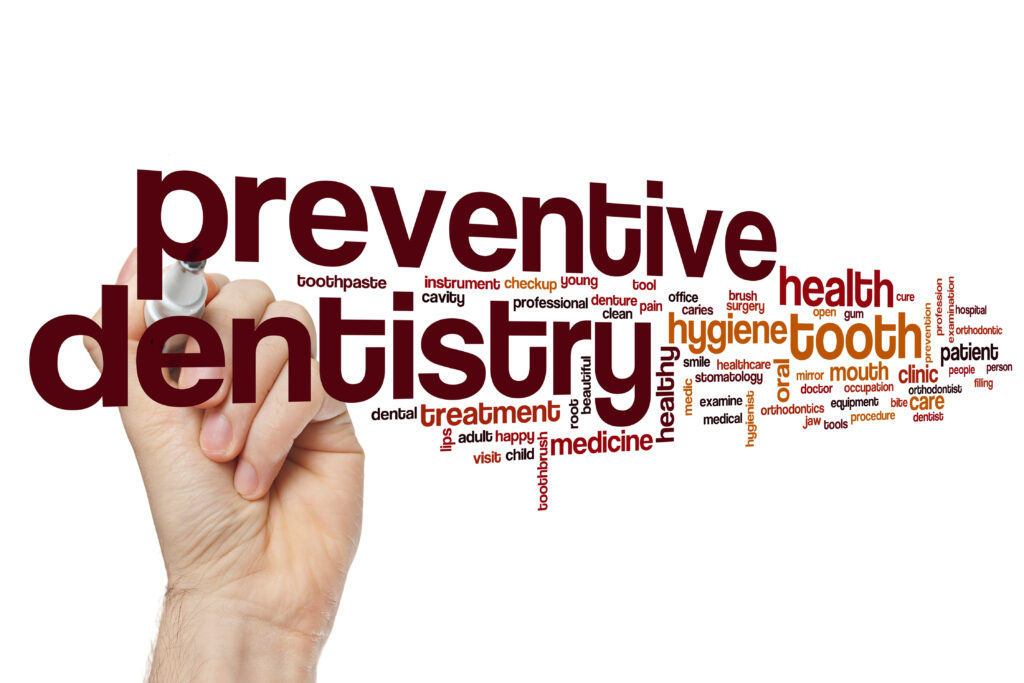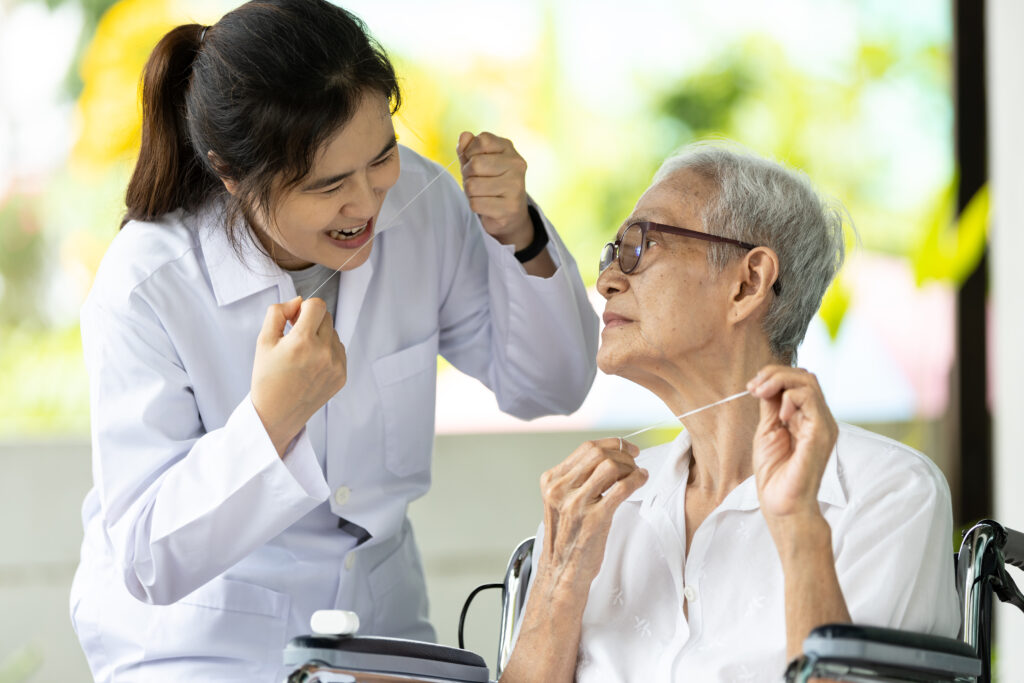Preventative dental hygiene care plays an important role in our overall health! Preventing something is much easier than fixing something, wouldn’t you say? I was just listening to a story on my local public radio station this morning. The show, Reveal, was discussing the value of Fighting Fire with Fire. If you have a minute, OK, 40 minutes more or less, listen to it. It is an excellent story that interviews the indigenous people of northern California. They have known for centuries how to manage their environment with prescribed burns.

I was struck when one of the interviewees said prescribed preventive fire management will probably not become a routine part of American culture. He said that those who “hold the purse strings” are not interested in prescribed burns. They are more interested in putting out fires than preventing them. That alone is sad for the flora and fauna that get injured and damaged, some of which may never recover. It is also sad for those humans who lose their homes, livelihoods, and lives.
I also drew an analogy to preventive dental hygiene care. I thought about people who are willing and/or able to spend money to fix a decayed tooth but can’t seem to find the money to pay for preventive care that may help prevent this decay from happening. I could go on with other examples, but I don’t want to go down that rabbit hole. Suffice it to say that there is more than a little responsibility to go around when our patients would rather drop $5000 on a couple of crowns and root canals yet refuse the $25 fluoride treatment and education that will help prevent the decay from happening in the first place. We, dental professionals, are missing the “education” boat.
So what does this have to do with RDHAP Connect? The dental hygienist, RDH, is the professional who educates and provides preventive dental services, cleanings, fluoride treatment, root planing, pit, and fissure sealants. RDHs call these dental hygiene services. The RDH, however, can only provide these services under the supervision of a dentist. In other words, in the traditional dental office setting. There are a few exceptions to this rule, but that is for another time. Remind me, please.
The RDHAP in California takes this preventive oral hygiene care to the patient who, for some reason, cannot get to the traditional dental office for a dental hygiene care appointment. Think of your aunt or uncle, for instance, me, who has spent years taking care of our oral health. As an example, say I am no longer able to use my car due to dementia, vision loss, arthritis, Parkinson’s disease, or any number of conditions. Now let’s say my family does not live close and I have to make special, expensive arrangements to get to the dental office. Even if I can get there, I may not be able to hear, see, or understand all I am being told.

What is going to happen to my teeth and gums now that I am not getting regular care? I could easily end up with several cavities, lost fillings, lost teeth, and any number of oral health conditions that may shorten my life and make me miserable in the meantime.
I would ask my family members to go to RDHAP Connect, find the map of the area where I live, and contact an RDHAP who can come to my home and clean my teeth. He or she will consult with my dentist, who I still need to see periodically. But I can save that costly trip to the dentist’s office for the dentist’s visit and have my preventive care done at home. It’s a win: win!
